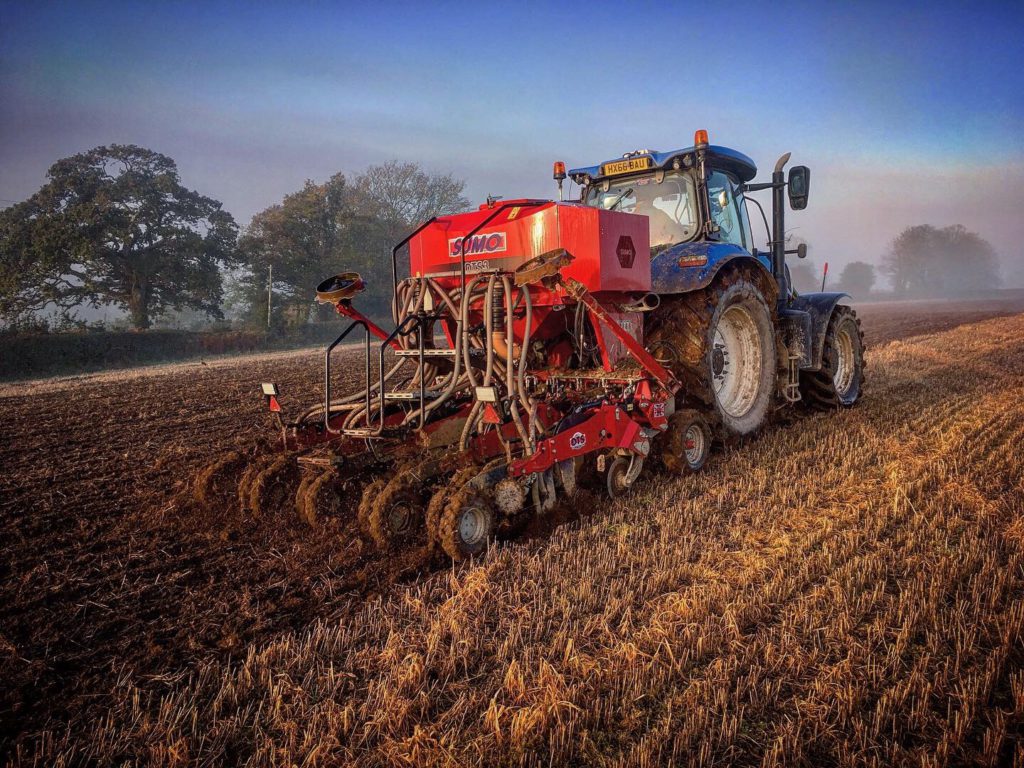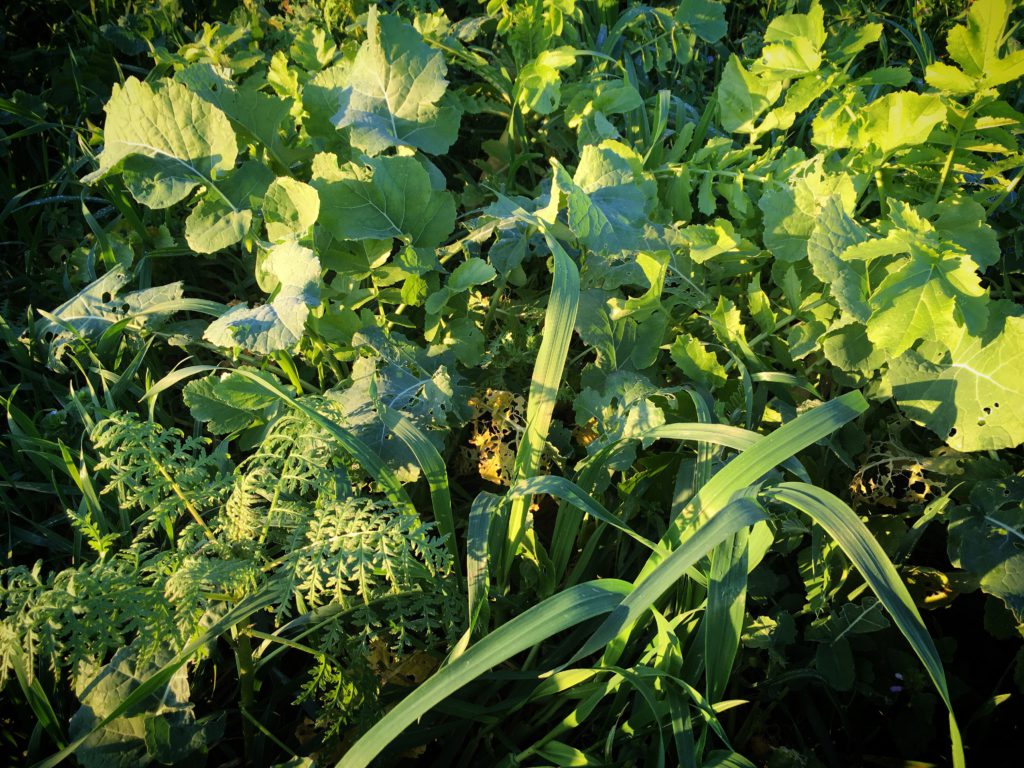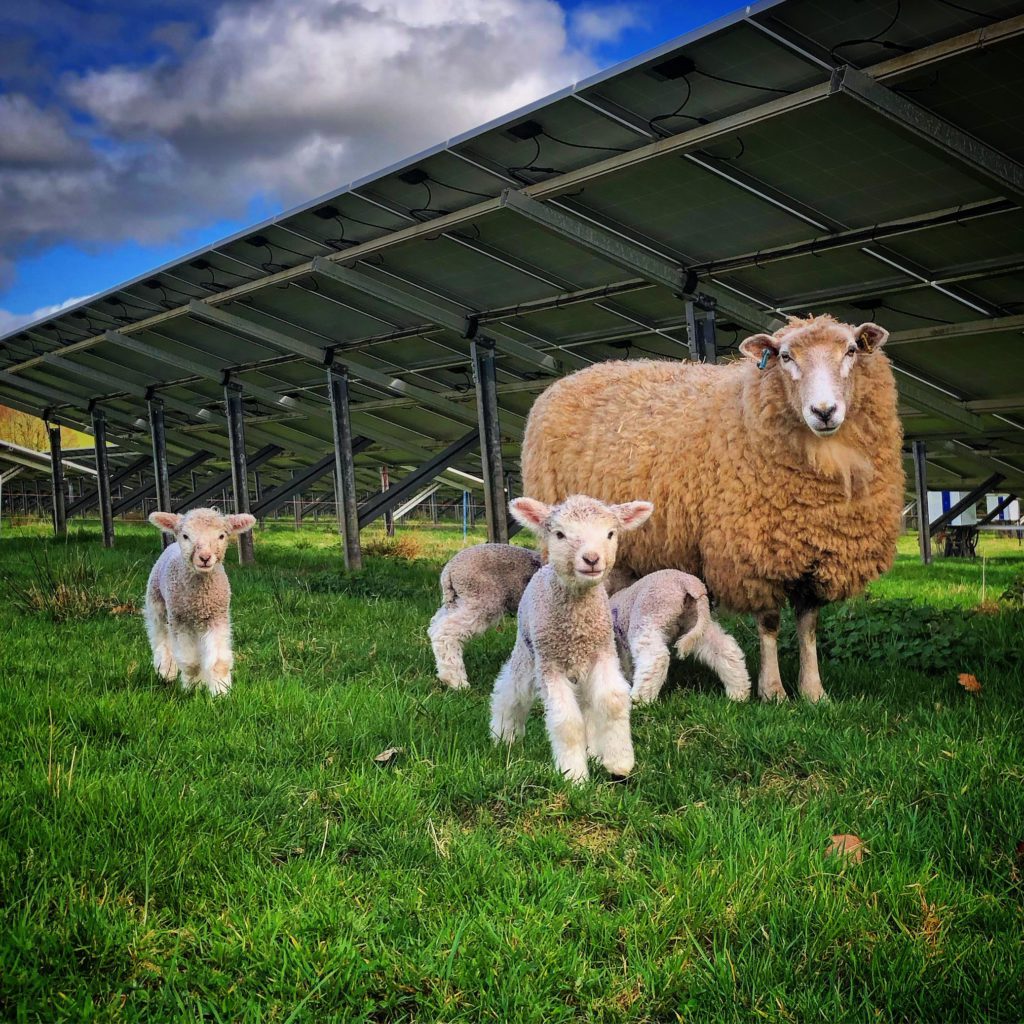Anthony Ellis farms with his parents on a 198-acre mixed arable and livestock farm between Liskeard and Looe in South-East Cornwall. The farm grows barley, wheat and oats, and has a flock of 95 NZ Romney sheep and a 5-megawatt solar panel installation.
Anthony is a BASIS-registered agronomist with experience in the UK and Australia. On his return from Australia, Anthony has helped to further develop the work his father had started on reducing tillage and adding diversity to the arable rotation. Crops are strip-tilled where possible to reduce soil disturbance and protect soil carbon. Strip tillage is a method of establishing crops where cultivation only occurs in line with where the seed is planted, thus leaving the rest of the soil undisturbed.

The farm has extensive Countryside Stewardship and Sustainable Farming Incentive agreements in place. These include growing winter bird seed for the first time, and making use of the GS4 Herbal Ley option as both a cereal break crop and to fatten lambs off forage alone.
Cover crops are used to protect soil over winter, with diverse mixes established after harvest. The diversity of these mixes ensures that there are different plants to do different jobs such as covering the soil to reduce erosion and rooting at varied depths to reduce compaction and cycle nutrients.

Anthony will be trialling growing a cereal crop without fungicide or insecticide, inspired by a FNZ meeting on foliar feeds with Tim Parton and Nick Woodyatt. The aim is to feed the crop the right balance of nutrients to support it in defending itself from pests and disease, reducing the environmental impact of applying pesticides and reducing input costs.
The re-introduction of sheep back onto the farm has also helped in the transition to net zero. The sheep utilise the grass under the solar panels, where Anthony runs a rotational grazing system to optimise grass production. Soil sampling through the FNZ project has shown that soil organic matter in one of the solar panel fields has increased, sequestering 22.47 tonnes of carbon per hectare.

The sheep graze cover crops over the winter, helping to terminate the covers before spring drilling (reducing herbicide use) and add organic fertility to the soils (helping to reduce fertiliser purchases). Since the start of Farm Net Zero in 2021, fertiliser use has reduced by 5 tonnes, saving 8.45 tonnes CO₂e in emissions. Anthony has also trialled grazing winter cereals with the sheep. This helps to regulate plant growth, remove diseased leaves, and provide fertility to the soil.
Anthony is involved in the FNZ Field Lab on using diverse leys to reduce worm burden and weaning shock in lambs. This trial can help to improve the farm’s carbon footprint by improving lamb welfare and growth rates. It will also help support biodiversity on the farm by reducing anthelmintic use which will protect dung beetle and other insect populations. The diversity of the leys can enhance soil health through deep, varied roots, which have the potential to protect and increase soil carbon stores. This will also complement work Anthony has been doing on feeding coppiced willow to the sheep as a method of providing minerals.
Renewable fuels are a focus at Pensipple, where the farmhouse is heated by a biomass boiler fed with a proportion of the oat crop. The farm truck has been converted to run on waste frying oil from Anthony’s mother’s fish and chip shop, helping to reduce fossil fuel use and guaranteeing a healthy appetite in anyone lucky enough to smell the exhaust fumes.Anthony was a finalist in the inaugural Carbon Farmer of the Year competition, and we are looking forward to continuing to work with him to further explore the benefits of a mixed farming system.
Farm Net Zero
A community of farmers in Cornwall taking action to address climate change and protect soil health. Showcasing innovation, engaging the public and providing robust science through soil testing and footprinting:







